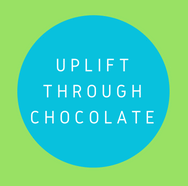Hi there!
I hope you are well and eating great craft chocolate!
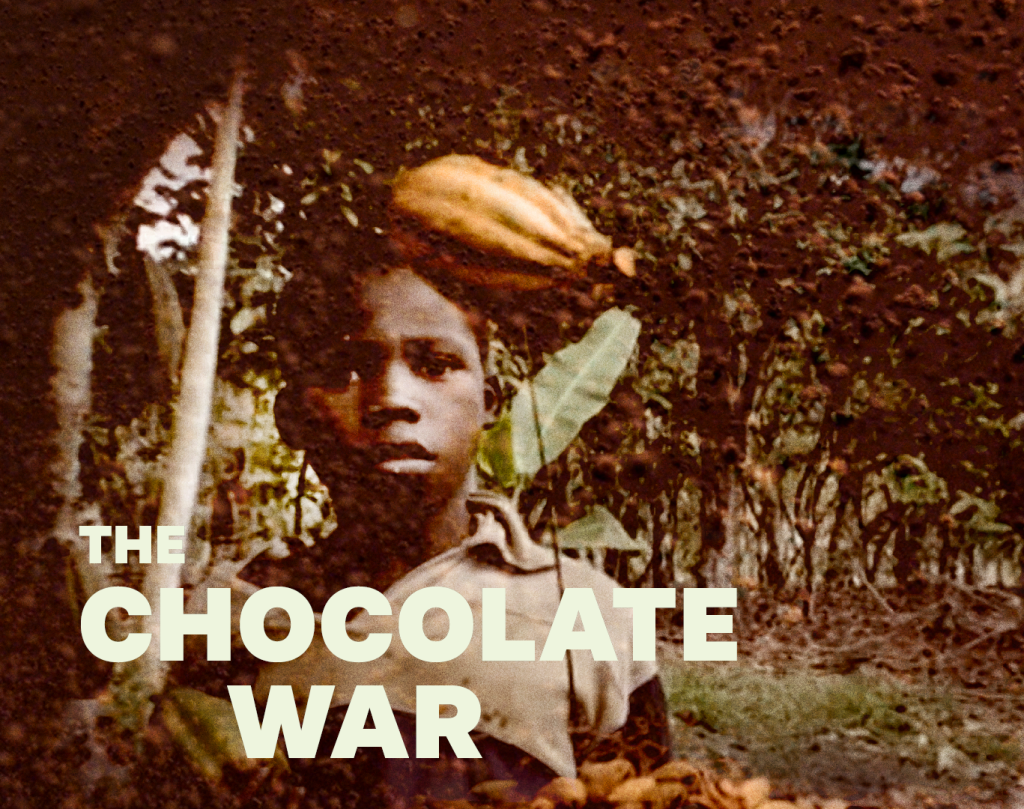
An excellent new documentary about child slave labor in cacao is out. It’s called The Chocolate War, and it features my friend Terry Collingsworth, the human rights lawyer fighting Nestle and Cargill in court on behalf of children who were trafficked and enslaved on cocoa farms that provide cocoa beans to those corporations.
I watched this well-made film last night, created by our filmmaker friend Miki Mistrati; as a formerly practicing lawyer, I love seeing law in action for fairness! Watch for yourself and see the appalling, heartbreaking, and solvable situation some of us have been talking about for years.
The Chocolate War
Trailer:
Film info:
Reviews:
https://www.screendaily.com/reviews/the-chocolate-war-cphdox-review/5169055.article
https://variety.com/2022/film/global/the-chocolate-war-cphdox-1235210974/
Film to rent or buy:
How about a screening and ethical chocolate tasting, held live or virtually? In any case, I’d love your thoughts on the film!
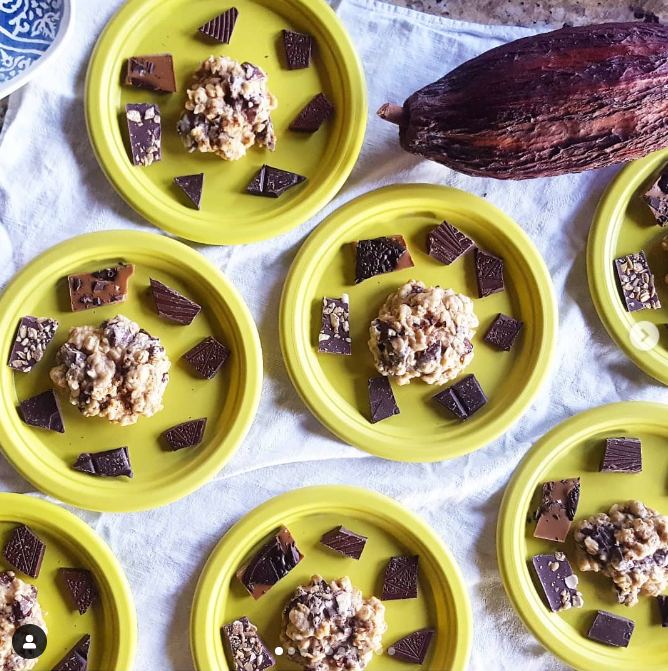
Click for scenes from a craft chocolate tasting
One of the questions I am often asked is how to tell which chocolate was made with child slave labor. Here are the 3 steps I recommend:
1. Big brand = child slave labor.
- Large corporate brands admit they have child slave labor in their supply chains.
- Child slave labor on cacao farms in Cote d’Ivoire, West Africa, is confirmed by the UN, the US Department of Labor, and other observers.
- Big brands say what happens on cacao farms in Cote d’Ivoire is out of their control; we say it’s completely within their control: pay farmers a fair price and kids won’t be vulnerable to trafficking and enslavement and can go to school instead of the fields.
- So, almost all of the brands in the grocery store and other mass outlets are tainted. That’s why the bars cost $5, $2, or $1: child slaves earned no money for harvesting the cacao in those chocolate bars.
- Do you think grocery stores and other sellers like Walmart and Amazon should also be held accountable for selling products made with child slave labor? I do.
- So, almost all of the brands in the grocery store and other mass outlets are tainted. That’s why the bars cost $5, $2, or $1: child slaves earned no money for harvesting the cacao in those chocolate bars.
2. Cacao country of origin listed = things are looking up!
- If you saw a bottle of wine with no origin listed, no picture of an estate in France, or no reference to a vineyard in California or the like, you might have some questions about that wine.
- Yet chocolate brands get away with not telling us where their cacao was grown. Have you ever seen an origin indication on industrial chocolate? After all, cacao is not grown in Belgium, Switzerland, Hershey Pennsylvania, or a Snickers factory! What are the corporate brands hiding? Child kidnapping and slavery; see 1. above.
- So, if you see a small craft chocolate brand with the cacao country of origin listed on the label —
- such as Ecuador, Madagascar, Tanzania, or other countries —
- or if you see the cacao collective listed —
- such as our friends at Zorzal of the Dominican Republic, Pangoa of Peru, Semuliki Forest of Uganda, or other origins —
- or if you see the cacao collective listed —
- this origin information generally indicates that the chocolate maker bought through one of our direct trade transparent supply chains, so that you know where the cacao came from and can trace it back to the specific source to see that farmers earned proper money and kids were not exploited.
- A statement of origin generally means the chocolate makers bought traceable cacao and did not buy cacao through the non-transparent bulk supply chain, where cacao from thousands of farms is mixed together and at least some of the cacao is certainly tainted with child labor as is standard in bulk cacao.
- such as Ecuador, Madagascar, Tanzania, or other countries —
- In other words: traceability is a good sign!
3. Clean ingredients list = another sign of quality and care!
- If you are buying quality cacao, you wouldn’t want to diminish it with non-quality additives.
- What do you need to make chocolate? As my students have heard me say so many times: cacao and sugar, all you need!
- If you see a chocolate bar ingredients list with lecithin, natural or artificial flavors (and we know that natural flavors are really artificial flavors), or any other synthetics or lab-processed chemicals that harm people and planet, this is a sign that the cacao might also be from a non-clean source, especially if no cacao country of origin is listed.
- If you see a chocolate bar ingredients list with just traceable cacao and organic cane sugar, plus any real ingredients, this is a good sign, as cacao country of origin + clean ingredients = a traceable clean bar!
- Examples of chocolate bars made from traceable cacao and clean ingredients only:
- Crackle & Crunch quinoa and almond milk chocolate bar from Xocolatl Small Batch Chocolate of Atlanta, made with Nicaragua cacao; I gifted this and other Xocolatl bars recently to a dear family who loved everything! (The link in this bullet point also shows a bar made by VAICACAO with Nicaragua chocolate plus organic sugar; all you need! : )
- Bouquet Vert Lime chocolate bar by Askanya Chocolate of Haiti, made with Haiti cacao, Haiti artisanal sugar, and Haiti limes; this bar and other treats from Askanya were a hit at a Valentine’s Day party I held for my mom’s neighbors last month!
- Click to see many more of my favorites!
- Scroll here for some wonderful retailers who carry ethical chocolate and will ship to you!
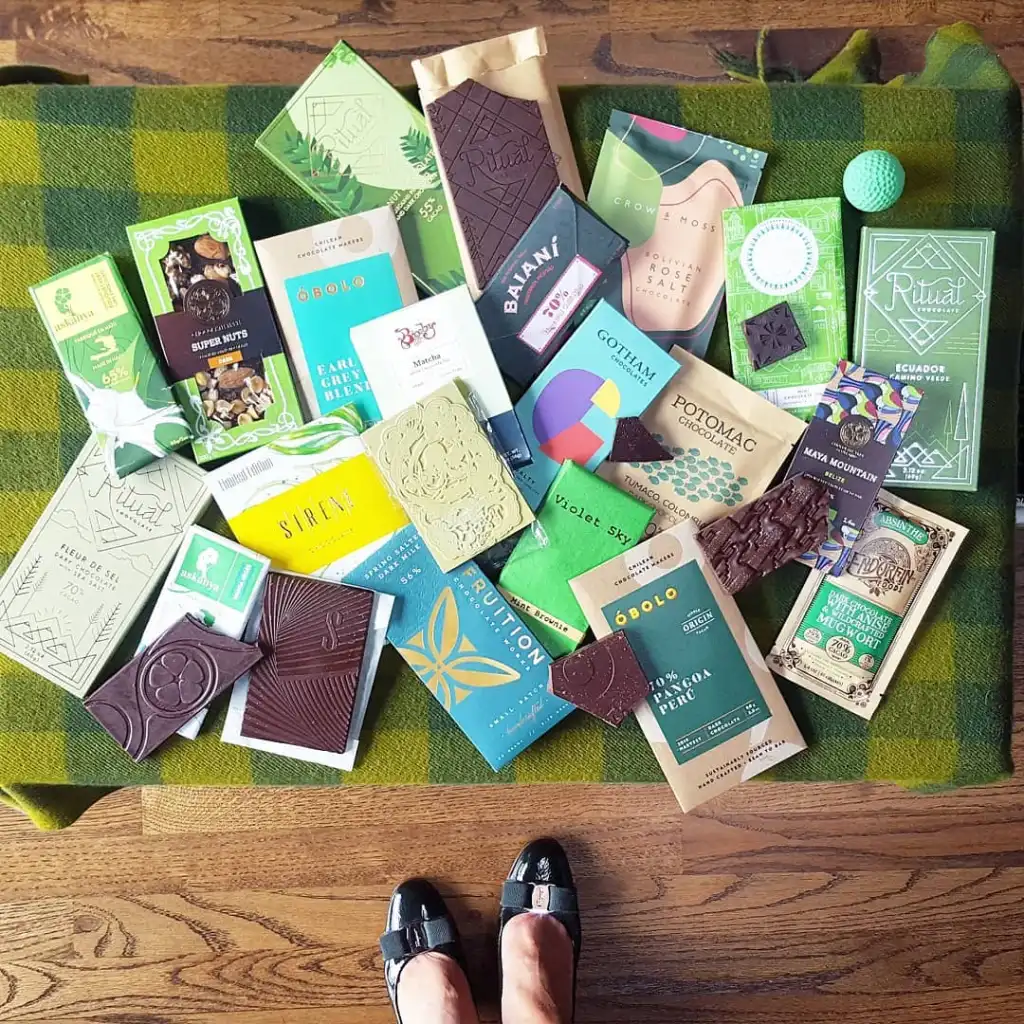
Clean, green, and ready for St. Patrick’s Day! : ) Happy March!
The brands I work with — and the bars I eat every day! — meet my 5 Ss of first-class craft chocolate:
- slavery-free
- soy-free / synthetic additive-free
- sustainable and soil-regenerative
- small-batch
- scrumptious!
Golden Age of empathy and equality, courage and compassion, liberty and love, for children and for us all, here we come!
Onward and upward!
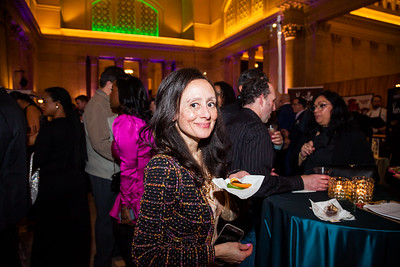
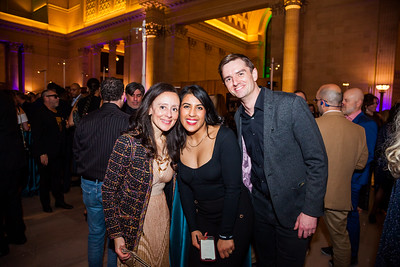
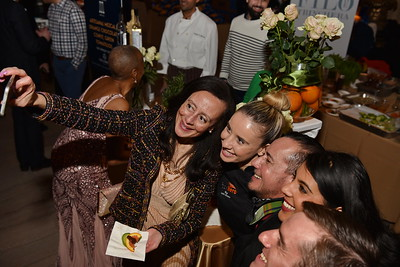
Your friend in chocolate — shown here judging World of Chocolate, an AIDS Foundation of Chicago fundraiser, February 2023,
Valerie
Valerie Beck
Chocolate Uplift Founder
Professor Valerie Beck Tutoring and Coaching
valerie@chocolateuplift.com
